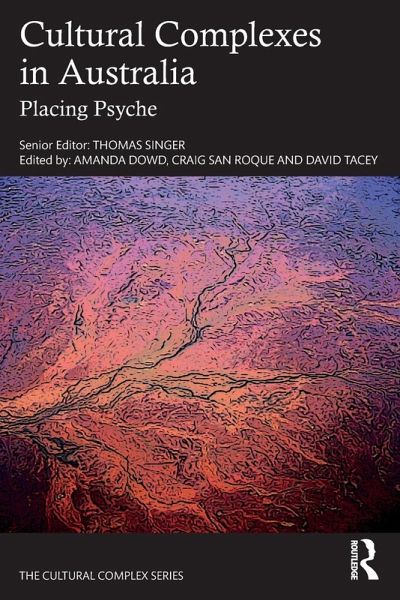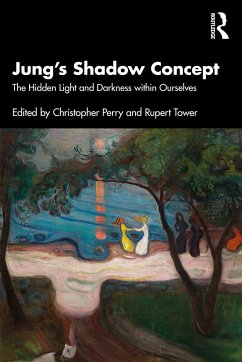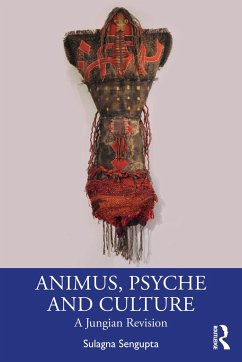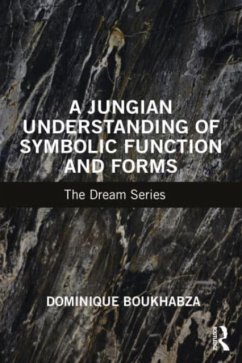
Cultural Complexes in Australia
Placing Psyche
Herausgegeben: Singer, Thomas
Versandkostenfrei!
Versandfertig in 6-10 Tagen
34,99 €
inkl. MwSt.
Weitere Ausgaben:

PAYBACK Punkte
17 °P sammeln!
Cultural Complexes in Australia: Placing Psyche is the first in a series of books that will explore the notion of cultural complexes in a variety of settings around the world.The continent of Australia is the focus of this inaugural volume in which the contributors elucidate how the unique geography and peoples of Australia interact and interpenetrate to create the particular "mindscapes" of the Australian psyche. While the cultural complexes of Australia are explored with a keen eye to the specificity of place, history, context, and content, at the same time it becomes obvious that these cult...
Cultural Complexes in Australia: Placing Psyche is the first in a series of books that will explore the notion of cultural complexes in a variety of settings around the world.
The continent of Australia is the focus of this inaugural volume in which the contributors elucidate how the unique geography and peoples of Australia interact and interpenetrate to create the particular "mindscapes" of the Australian psyche. While the cultural complexes of Australia are explored with a keen eye to the specificity of place, history, context, and content, at the same time it becomes obvious that these cultural complexes emerge out of an archetypal background that is not just Australian but global.
This volume shows how cultural complex theory itself mediates between the particularity of place and the universality of archetypal patterns.
The continent of Australia is the focus of this inaugural volume in which the contributors elucidate how the unique geography and peoples of Australia interact and interpenetrate to create the particular "mindscapes" of the Australian psyche. While the cultural complexes of Australia are explored with a keen eye to the specificity of place, history, context, and content, at the same time it becomes obvious that these cultural complexes emerge out of an archetypal background that is not just Australian but global.
This volume shows how cultural complex theory itself mediates between the particularity of place and the universality of archetypal patterns.














